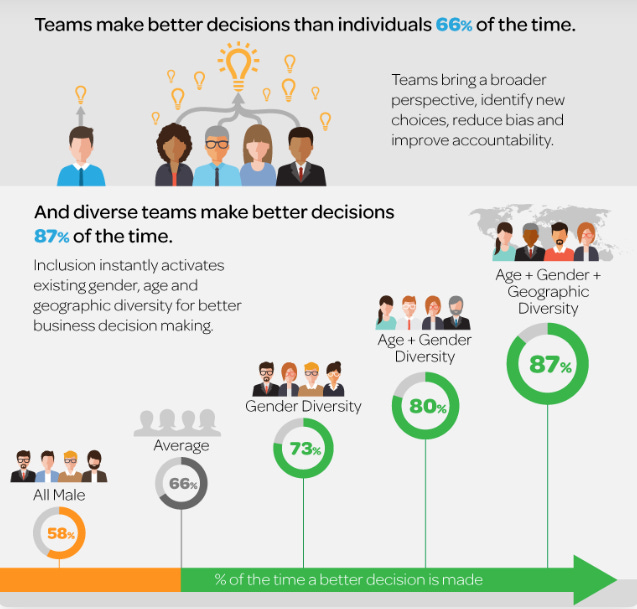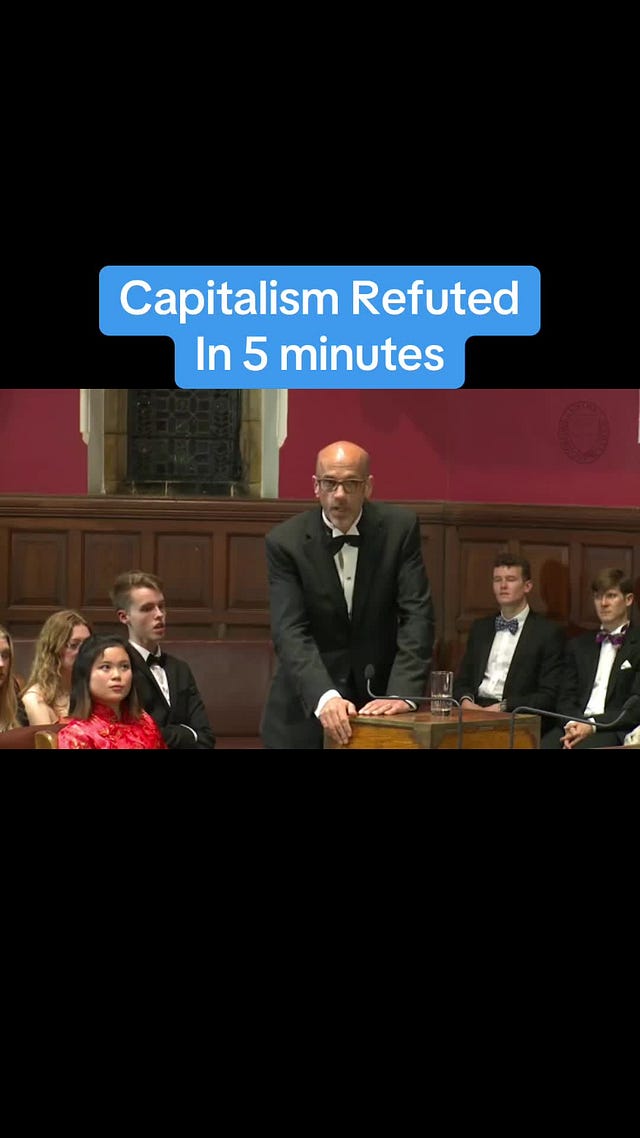Zero-Sum Thinking, Soccer, and Meritocracy
Or how I've read the words "zero-sum" for years without knowing what it meant

I admit my thinking on the convergence of zero-sum thinking, soccer, and meritocracy are not fully-formed, but perhaps my initial musings on them will spark some in yourself. I’d love to hear your own thoughts, rebuttals, etc. in the comments.
I read an article about zero-sum thinking a couple of days ago. I’m embarrassed to say, I’ve been hearing that term for years and had only the vaguest idea of its meaning. I thought it was time I got a more specific understanding.
A Zero-Sum Game
A zero-sum game is a mathematical representation of two competing entities, where the result is an advantage for one side and an equivalent loss for the other. Player one's gain is equivalent to player two's loss, with the net improvement produced by the game being zero.
The underpinned concept, zero-sum thinking, is…
A general belief system about the antagonistic nature of social relations, shared by people in a society or culture and based on the implicit assumption that a finite amount of goods exists in the world, in which one person's winning makes others the losers... a relatively permanent and general conviction that social relations are like a zero-sum game. People who share this conviction believe that success, especially economic success, is possible only at the expense of other people's failures.
The Wikipedia entry goes on to say, however, that “there is no evidence which suggests that zero-sum thinking is an enduring feature of human psychology. Game-theoretic situations rarely apply to instances of individual behaviour.”
I find this last part comforting, as I believe zero-sum thinking — believing that it’s a dog-eat-dog world and you better hurry up and get all that you can before it’s gone — is not a correct or beneficial approach to life on Earth. It’s nice to know that this isn’t inherent in our makeup and can be overcome.
The article that sent me down this path of zero-sum thinking was in reference to recent events in national and world politics, but it made me think of my kids’ soccer games. If you pull back enough, to a season, a sports career, a life, soccer is not zero-sum. It only feels that way at game time, close up. Your team is going to win or lose. Or tie.
The clip above highlights just how attached Americans in particular are to their zero-sum games. It also notes that soccer is the only major sport in which “tie” is an acceptable outcome — a game not historically influenced by the United States.
Zero sum in intense.
In the moment, it can seem like everything hangs on edging out your opponent, winning the game. The funny thing is, sometimes you win or lose not based on effort or talent but because of a gust of wind. Sometimes, the other team possesses the ball more, has more shots on goal, seems in every way to be having a better game than you, and you win anyway. The repetitiveness of this intensity and the sometimes randomness of a win or loss, game after game, is only emotionally tolerable when you can zoom out and see the bigger picture.
So it is with countries, with the world.
It looks like a necessary win-lose up close. But zoom out — both spacially and time-wise — and the rising tide lifts all boats. We are communal beings, varied beings, and we are strongest, most resilient, when we pull together. The world team. Hybrid vigor. You don’t even have to convince people to support all the players of our capitalist game based on ethics or morality. Businesses and our economy do better when we work as a team.
Companies with high levels of racial and ethnic diversity are 35% more likely to report above-average financial returns. Companies with diverse executive teams are 25% more likely to generate greater profits than those with less-diverse teams.
Teamwork tends to produce better outcomes than solo work. If those teams are diverse, they are better at dealing with challenging work environments, as well as adversity, and as a result, increase their overall performance levels. (equalture.com)
The current US administration is headed the other way. “Strong” men doing “strong” things that oppress others to their advantage. Because what they see, what they believe, is that for them to win, someone else has to lose. They do not see how these actions of theirs suppress not only the perceived losers but themselves as well. They work harder, for less satisfying reward, and are worse at solving problems than if they approached things with a sense of community.
The concept of zero-sum thinking fits right in with this video below* and its message about capitalism and meritocracy:
 Tiktok failed to load.
Tiktok failed to load.Enable 3rd party cookies or use another browser
You can imagine how, if a group of people feels like there’s not enough money/success/power to go around, those people might support meritocracy — a political system in which people gain economic goods or political power based on ability, rather than wealth or social class. If you can claim our country is a meritocracy, you can blame others’ lack of success on lack of talent or failing to work hard enough; it’s their own fault. But that way of thinking fails to take into account the vast gulf in wealth and access to resources between the upper and lower classes. If you parents can pay for expensive private schools, tutors, coaching, you have a vast advantage over someone who does not have access to those things.
If you are in that position of advantage, you view yourself and your in-group as the winners and everyone else as the losers.
You view your success as based on your individual merit, i.e., you deserve it. And if you were to admit that being born into money were a factor, then your whole belief system gets shot to hell and you have to admit you might not “deserve” what you have. And because you think of things in zero-sum terms — either you’re the winner or the loser and win-win is not a possibility — you are not willing to entertain the idea that what you have, what you so desperately hold onto and shore up is at least partially an accident of birth.
This isn’t eat the rich.
It is not a French Revolutionary approach. The elite class suffers from this zero-sum/meritocratic thinking as well, just in less obvious, less material ways. As Dr. Markovitz in the video above points out, it’s not actually fun to be a child of elite parents, pushed to succeed, your time filled to the brim with classes and tutors and every conceivable enrichment. It’s a lot of pressure and not a lot of downtime, and that doesn’t change as you move to university where the pressure for grades remains constant, then to a high-powered job in which you work all the time so you can maintain funding to start the cycle all over again with your own children. This does not make for a mentally healthy elite class. It makes for a lot of anxiety.
But what if we ALL could let go of zero-sum thinking?
Wouldn’t the privileged be more relaxed if they could stop working so hard, stop thinking they had to get theirs before someone snatched it away? If we could actually believe and act as if a rising tide lifts all boats? Sure, private jet ownership might dip a little, but I’m pretty sure life satisfaction doesn’t hang on that particular luxury.
If everyone in our country and on our planet had access to quality education and job training, we would have more people working and contributing to the well-being of all and fewer people who need support taking care of themselves financially. Hell, if everyone had access to the just the basics — enough food, clean water, shelter, community and the security that those things would not be yanked away by the next administration — we would be a more harmonious society across the board. We would ALL have to work less and would feel more secure about our needs being met.
It is not actually true that for you to be successful, someone else has to suffer. In fact that suffering also causes the “winners” an undue and self-created dread that one day, they might be on the losing end of things. That makes them dig their heels in, fight harder, work harder, and ultimately makes them less happy.
I’ve focused on zero-sum thinking and how it actually makes the financially elite less happy because I feel like the key to this argument is an understanding that everyone suffers in a society with a vast wealth gap. But I don’t have to convince people who are scraping dollars together for rent or are worried about paying the electric bill and if their kids have a chance in hell of improving their lives over where they are now. Those people are painfully, viscerally aware how much this sucks every single day. Those with the money have the resources to hide their pain, even from themselves, more effectively — stick heads in the sand on relaxing beach vacations, ski trips, and expensive spa treatments, to keep existential dread at bay.






April, thank you for this most intelligent explanation to the primary issue being faced by Americans because of this current administration.